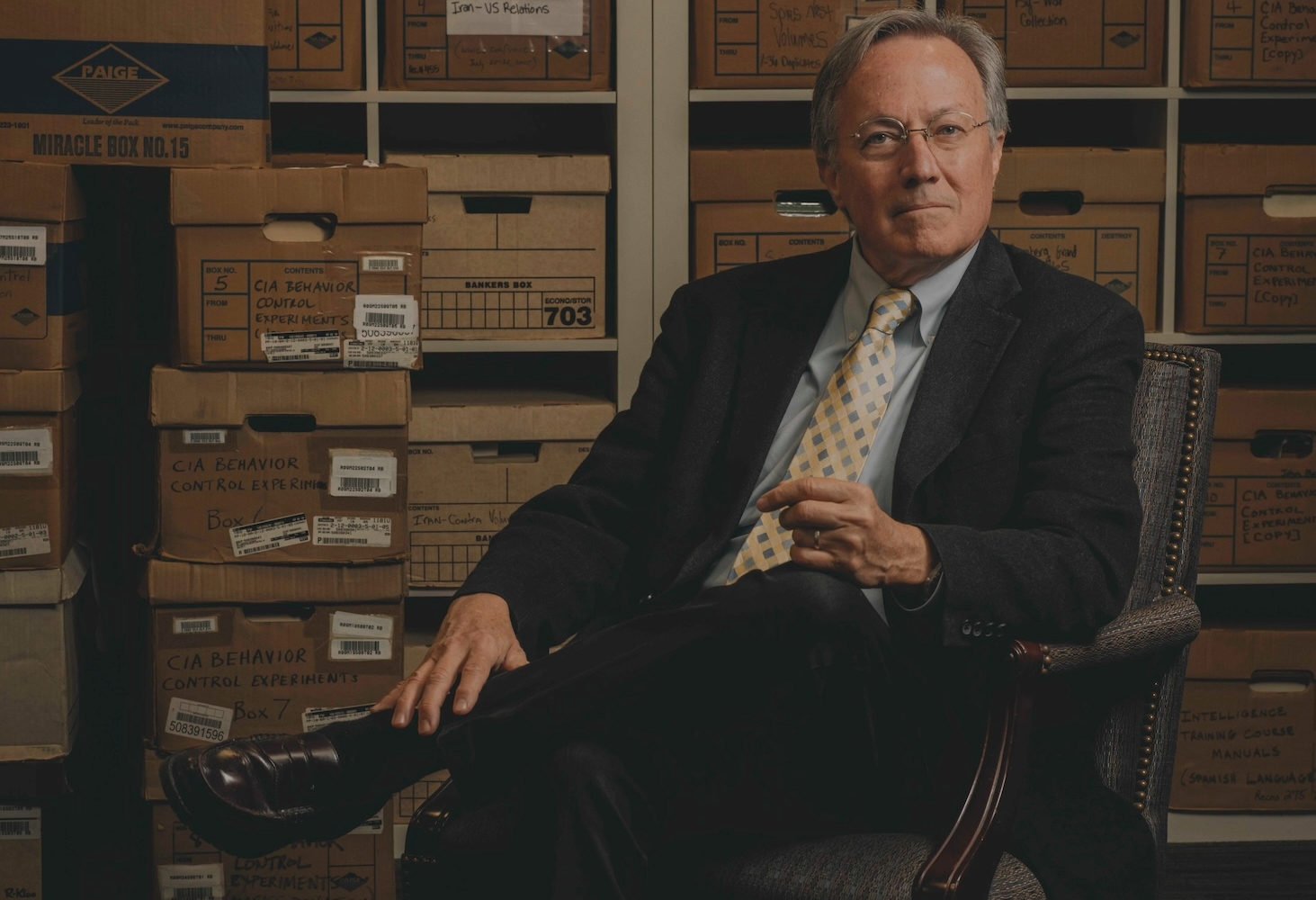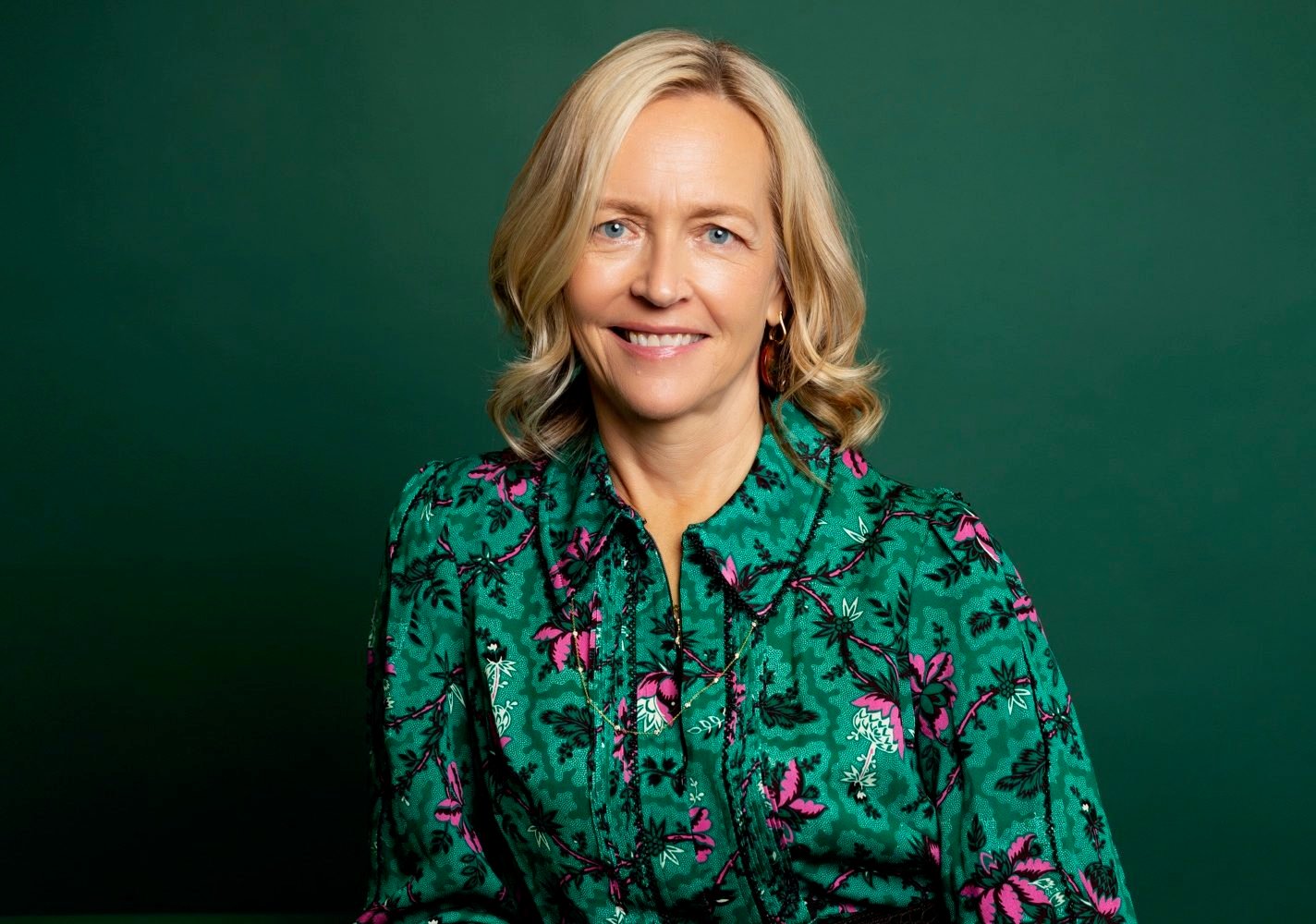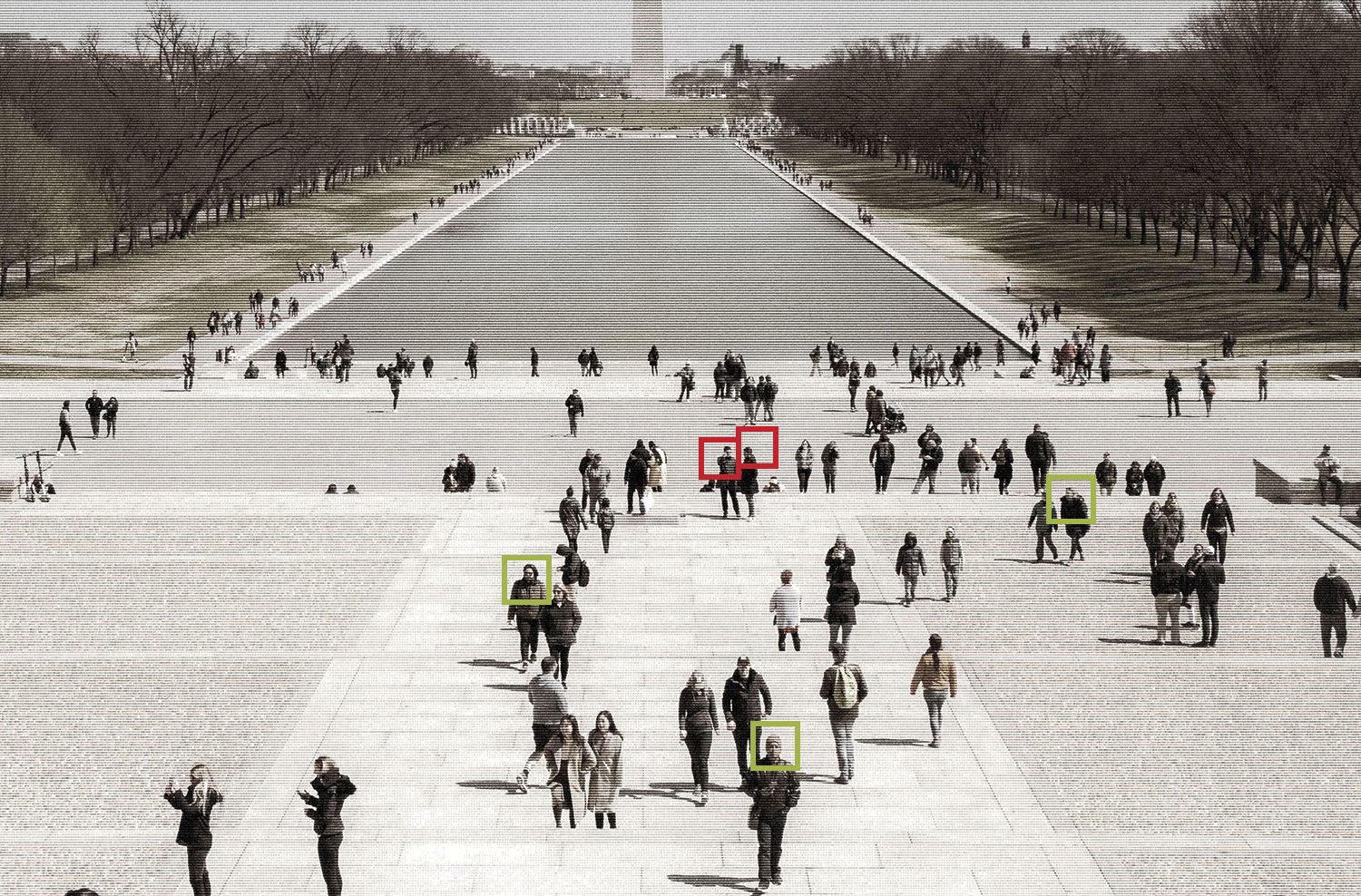In the 12 years I’ve been writing about intelligence, I’ve heard from more practitioners of the craft than I can remember that women make better spies than men. Better analysts, too. And I don’t just hear this from women. Indeed, I think I’ve heard more male intelligence officers say that their female colleagues’ “intuition” and “patience” makes them particularly well suited to the painstaking job of cultivating sources or making sense of fragments of information. The thinking goes that there’s something about the way women solve problems versus the way men do it, and something about the way women listen, observe, and even nurture other people that often yields better results.
The evidence to support this theory is, as far as I know, entirely anecdotal. But I’ve always found it compelling. I recall talking years ago with Michael Scheuer, who ran the CIA unit tracking Osama bin Laden before the 9/11 attacks, that women made up the bulk of his analytic team, and that he thought they’d done a superb job. Was there something about their gender that predisposed them to being better at this kind of work than men? Scheuer seemed to think there was.
Another former intelligence officer shed more light on this idea when he recounted his own experiences tracking terrorist groups for the Army. Erik Kleinsmith, whom I write about in my book, liked to rate analysts using the Myers-Briggs Type Indicator, which assigns people to one of 16 personality types depending on how they process information and make decisions. Kleinsmith thought the best analysts excelled at “sensing”; they tended to solve problems by relying on what they could see and touch in the physical world, on facts. Kleinsmith was a sensor, according to Myers-Briggs, as were most of the analysts on his team—who were mostly women.
Certainly the CIA leadership believes a woman is qualified to lead analysts. Fran P. Moore is the current director of intelligence for the agency, overseeing all its analytical work. And right now, the CIA director, John Brennan, is considering whether to put a woman in charge of the National Clandestine Service, the operational side of the agency. She is now acting in the role. (Her name has not been revealed publicly.) And filmmakers have turned to women as protagonists in spy stories, including Homeland, Zero Dark Thirty, and the upcoming documentary Manhunt, based on the book by Peter Bergen about the hunt for bin Laden.
Women intelligence officers I’ve heard from don’t dispute that their gender gives them some practical advantages, even if they can’t put their finger on precisely why. Three former CIA officers took up the discussion this week on the New America Foundation’s “In the Tank” podcast. Valerie Plame Wilson, Nada Bakos, and Lindsay Moran, who all had exciting, challenging, and even historic careers in the spy business, thought being a woman gave them a leg up in certain respects.
As a female case officer, “you are less threatening,” said Wilson, who was a CIA operations officer for 20 years. “And without going too far over the top, I do think women are more intuitive and much more cognizant of body language, picking up signals, and things that are really important to reading potential recruits.”
“There’s a lot of patience involved with following some of the issues,” said Bakos, who was a CIA targeting officer and helped track Abu Musab al-Zarqawi, work that relied on a fusion of intelligence gathering and analysis, in concert with special forces. “I think women are probably a little bit more patient at pulling the threads and piecing some of this together.”
“I was not a mother when I was a spy,” said Moran, who was a CIA case officer from 1998 to 2003. “But I realized later when I did become a mother that that maternal instinct kind of plays into it, too. The foreign agents you recruit, you’re really taking care of them in a way. . . . You’re kind of like a psychiatrist or a therapist to them. You’re listening to them. I think women are conditioned from a very young age to sit back and listen in a way that men aren’t.”
Moran noted an obvious disadvantage for women in the field: Most of the people they’re trying to persuade to spy for the US are men. Men they’re meeting with in parked cars, or in hotel rooms. “You have to walk a vey fine line between flattering that person . . . [and] at the same time making it clear you’re never going to sleep with them.”
Of course, the United States hasn’t had a woman at the helm of the CIA. Tara Maller, the host of the New America Foundation podcast, has a list of reasons a woman should get the job. I like reason eight: “Plenty of women are qualified for this role.” That should be the determining factor. But isn’t it interesting to think about what a woman might bring to this job that a man might not? We’ve had plenty of time to consider the inverse. I suspect, given recent events, that we’re soon going to find out what a female director can do.









